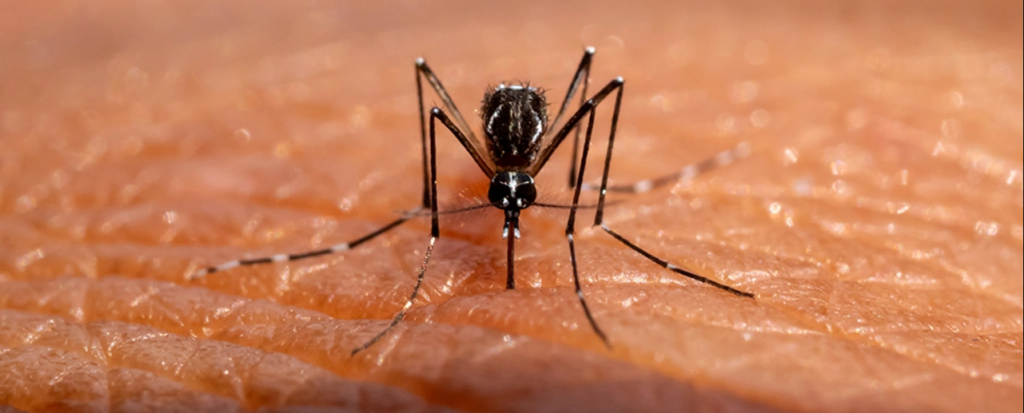Study Finds Mosquito Saliva Suppresses Immune System 2023

Mosquitoes are the world’s deadliest animal, causing over a million deaths each year.
Their bites aren’t the only concern. New research suggests that dengue-carrying mosquito saliva may weaken the human immune system and increase infection risk.
Scientists found sfRNA in infected mosquito saliva using three ways. It inhibits infection defenses.
“It’s incredible that the virus can hijack these molecules so their co-delivery at the mosquito bite site gives it an advantage in establishing an infection,” explains University of Virginia scientist Tania Strilets.
“These findings shed light on how to prevent dengue virus infections from mosquito bites.”
Extracellular vesicles deliver sfRNA. Researchers say the dengue virus “subverts mosquito biology” to propagate.
The scientists found that this sfRNA payload increased virus infection in immortalized cell lines, making the human body less prepared for attack.
Zika and yellow fever viruses include these sfRNAs. They seem to disrupt the body’s chemical signaling during virus replication.
“We propose that by introducing this RNA at the biting site dengue infected saliva prepares the terrain for an efficient infection and gives the virus an advantage in the first battle between it and our immune defenses,” the researchers write in their report.
Dengue infects 400 million individuals annually, and reinfection is probable. Fever, nausea, and a skin rash are symptoms. In rare circumstances, it might cause internal bleeding or death.

The virus cannot be treated, only managed. Understanding dengue and its spread is crucial to fighting it.
The team hopes its research will improve dengue virus prevention from the start, but the best way to stay safe is to avoid getting bitten.
University of Virginia virologist Mariano Garcia-Blanco states, “There is no doubt in my mind that better understanding of the fundamental biology of transmission will eventually lead to effective transmission-blocking measures.”
Our findings will likely apply to other flavivirus infections. The principle applies to viral illnesses, but the molecules are unlikely to apply to malaria.”
